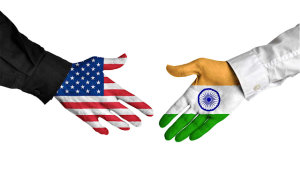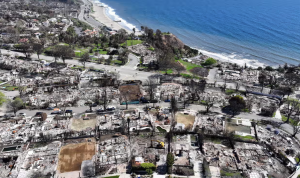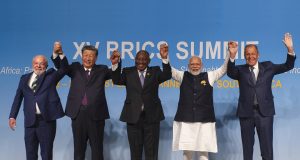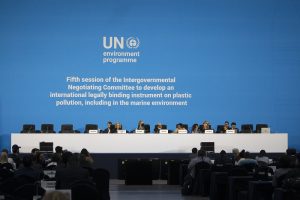
South Africa climate change act is now in force
South Africa’s Climate Change Act, effective from May 2025, marks a major step in enforcing climate action across public and private sectors. It introduces binding measures such as Sectoral Emissions Targets for high-emission industries, mandatory carbon budgets with legal penalties for non-compliance, and stronger regulatory oversight. The Act also mandates local governments to integrate climate planning. It aligns South Africa with global efforts toward a low-carbon, resilient economy.










